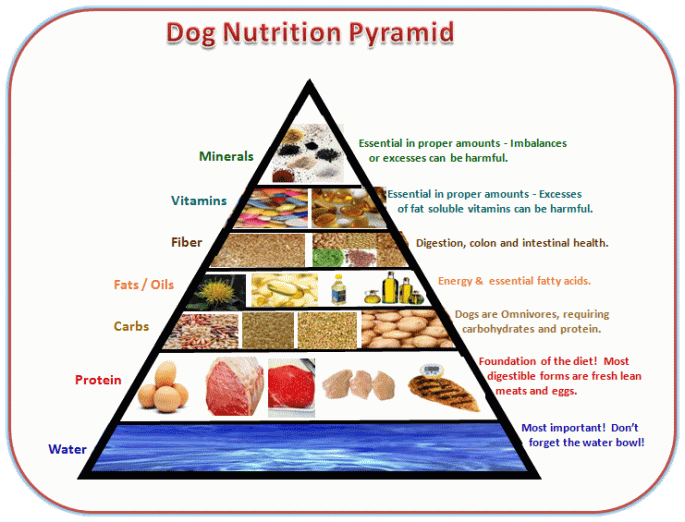There’s no greater gift you can give your Cavalier King Charles Spaniel than a well-balanced, healthy diet.
In their natural state, dogs are carnivorous scavengers, but in no way is an all-meat diet appropriate for your pet. In the wild, dogs eat small animals (rabbits and squirrels) whole – skin, meat, bones, as well as whatever the prey had in its stomach (often berries and grasses).
In this way, the wild dog has a complete diet of protein, vitamins, minerals, and fat (from the animal’s muscles, bones, and organs) as well as fiber (from the fur and intestines).

Today’s domesticated dog doesn’t have to catch his own dinner. But your Cavalier King Charles Spaniel still requires a combination of protein, fat, vitamins, minerals, and fiber for proper canine nutrition.
- Adequate protein is necessary for building muscle tissue and bones. Protein from meat is probably the most natural source of protein for dogs and is more easily digestible than vegetable protein. The typical adult Cavalier Spaniel should have a diet that is approximately 18 – 20% protein. Cavalier King Charles Spaniel puppies need perhaps 22% protein to support their growth.
- Fat provides energy and helps transport vitamins in your dog’s body. It is fat, particularly Omega 3 fatty acids, that gives your dog’s coat its healthy shine. However, be careful not to include too high a percentage of fat in your dog’s diet because fat has twice the number of calories as protein. A healthy diet for your Cavalier King Charles Spaniel should include approximately 5% fat as a rule of thumb.
- Vitamins and minerals are necessary for your dog’s metabolism and energy, enzyme activity, and for his immune system.
- Fiber is essential to your dog’s digestive system for the absorption of nutrients.
Here’s a complete step-by-step article on Cavalier King Charles Spaniel feeding guide.